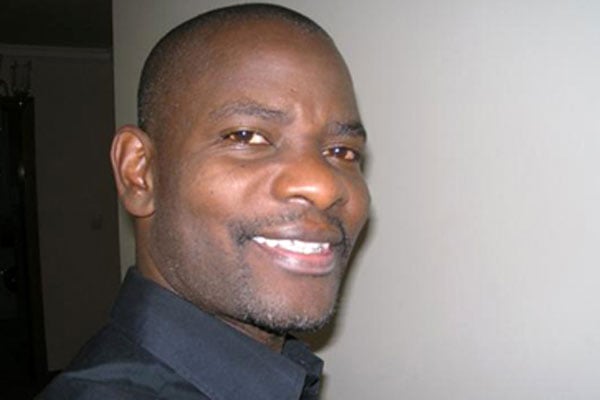Prime
EACOP is not for simplistic arguments

Emilly Comfort Maractho
What you need to know:
- What appears to be at stake is that our opportunity for social-economic transformation was fading fast. In short, no wealth creation without oil and EACOP is our only lifeline to wealth.
I listened to a lawyer on a radio talk show maybe two weeks ago, ranting against the European Union (EU) Members of Parliament (MPs), calling them all kinds of names, except insufferable. I was doing something else as I listened but the language and labels caught my attention.
The EU, he argued, is inconsequential in matters of Uganda. What was even more interesting is that after him, there was another guest from civil society and it felt like the subject was of another country. Their perspectives on the matter were far apart although not surprising.
The lawyer framed the narrative that the EU MPs were seeking to stop the East African Crude Oil Pipeline (EACOP) in its tracks. In my simple paraphrase and interpretation, the lawyer argued that with the EU resolution, Uganda will miss the opportunity for growth and to sort out all the problems that we have failed to deal with for several decades.
What appears to be at stake is that our opportunity for social-economic transformation was fading fast. In short, no wealth creation without oil and EACOP is our only lifeline to wealth.
As such, the EU was being selfish. After most of them developed using the same methods, they want Uganda not to have its moment of transformation.
The second guest made the point that there were serious concerns. He focused on the facts left out by the lawyer. For him, the EU resolution needed to be discussed in a reasonable manner. In short, he spoke as if the facts at hand were different from those of the lawyer.
As for Parliament, the resolution is nothing less than ‘racist and imperialistic’. Some of our politicians are also spitting fire, taking on the EU in what might seem like incitement of violence. For them to say we are not prepared for the aftermath of exploration if things go horribly wrong is selfish and offensive.
It is not possible that a project of this magnitude will not have some devastating effects including climate change. It may also be the case that the Strategic Environmental and Social Impact Assessments done have not covered most of the bases and so there may be a need for a delay, genuinely.
So, we have to deal with some contradictions. For as long as I remember, a demonstration is a no-go zone. The Public Order Management Act is perhaps the most effectively implemented law in Uganda. The police is most agile when it comes to gatherings that can be construed as demonstrations. Meetings have been foiled. Some are prevented before they are even conceived.
Yet, the same police were seen walking by students protesting at the EU offices last week, finally not bothered about people’s businesses in the Central Business District.
The main issue here is that a demonstration against enemies of the government is allowed and protected but the same citizens will be beaten to a pulp if they try this at home.
What if there is more information that needs attention? Does the EU have a lot more information than most of us can imagine laying our hands on that is informing them?
The danger with the conversation on EACOP is that most people engaged in it have no access to the facts. Some people who may have sufficient information perhaps have more vested interests to say the truth and can afford to disparage the EU for their interests and mobilise Ugandan students to protest in order to appear to have a point.
The government may not wish to dismiss the resolutions without providing counter facts in the interest of Ugandans. This is not to say the EU may not have its own agenda but it is for those on our side of the table to have open eyes and the ability to read intelligently.
The EU has been a strategic development partner for Uganda in a variety of sectors, investing heavily in the country’s development. Its leaders cannot behave like that lawyer, it must engage.
What we expect of our leaders is not emotional outbursts and name-calling but real engagement with the people making these resolutions through their representation in Uganda. If the necessary steps have been taken, this should be easy to get over.
Environmental, Social and Governance (ESG) concerns have become major considerations for development projects and funding agencies. With or without the EU resolution, many of these things will catch up with us. EACOP is not for simplistic arguments.
Ms Maractho (PhD) is the director of Africa Policy Centre and senior lecturer at Uganda Christian University.




